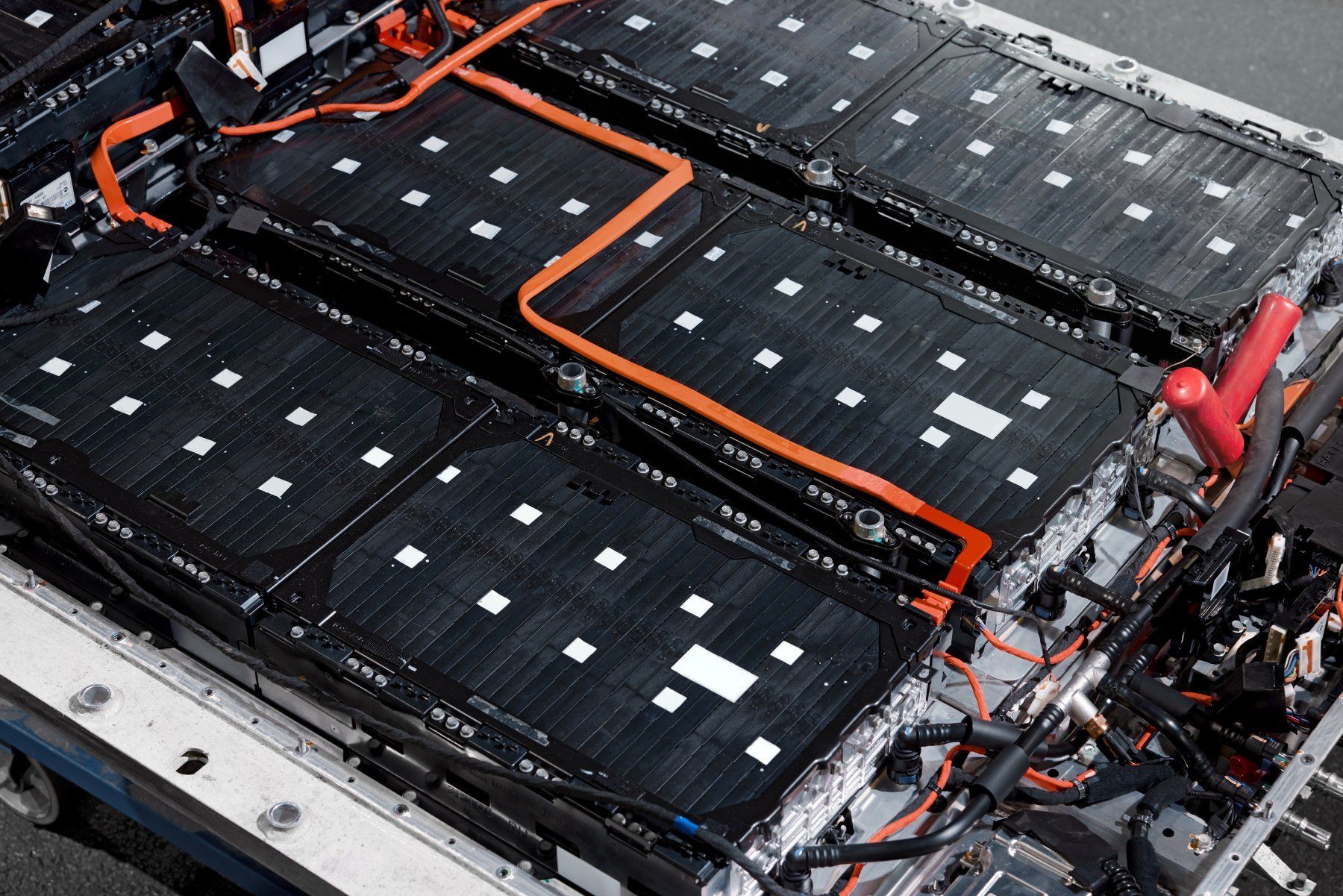Hydrovolt teams up with SINTEF and IFE on new research and development project

Hydrovolt enters into a new research and development project with SINTEF and Institute for Energy Technology (IFE) focusing on the characterization of end-of-life lithium-ion batteries for improved recycling efficiency.
With the rapidly increasing electrification of the transport sector, there is a large need for lithium-ion batteries (LIBs). Most of these batteries from electric vehicles (EVs) have a typical lifespan of 15-20 years, meaning that there will be a rapid increase in the need for safe disposal and recycling of end-of-life LIBs in the coming decade.
With Hydrovolt’s two years of operational experience within battery recycling, it is clear that LIBs from different manufacturers exhibit different processing behavior. With limited available information on battery cell components, there is an urgent need for increasing knowledge related to this area to optimize battery recycling processes.
“The project aims to develop a novel approach and establish a toolbox for the characterization and categorization of end-of-life LIBs for recycling, enabling a recycling process with high reliability and predictability, maximizing material recovery rates and capacity utilization, says Christine Pettersen, Technical Expert in Hydrovolt & Project Lead of the project.
This will be achieved by utilizing IFE and SINTEFʼs combined materials expertise and advanced materials characterization infrastructure.
“We are thrilled to start this crucial research and development project with our excellent project partners in SINTEF and IFE. The results from the project will be key to better understand how we can optimize our operations and increase material recovery rates,” says Helge Refsum, Chief Technology Officer in Hydrovolt.
The project will lead to more efficient recycling processes for LIBs through acquiring a laboratory test line for crushing and sorting of the batteries. The results from the project will support the establishment of new operational procedures and ensure that a larger share of the critical raw materials will be reused in new applications and to the European battery industry.
Hydrovolt is investing 7 million NOK in the project, where half of the costs also were awarded as support from the Research Council of Norway in December 2024. The project will start in 2025 and last for two years.
More on the project call at Research Council of Norway here.
About Hydrovolt:
Hydrovolt is a battery recycling and raw materials company established in 2020. By pioneering battery recycling of EVs and industrial batteries, we create a circular solution for end-of-life batteries by recovering high quality and sustainable secondary raw materials. At Hydrovolt, no battery is ever wasted through our recycling solutions driven by our vision of a circular world. Hydrovolt is headquartered in Oslo while operating one of Europe’s largest EV battery recycling plants in Fredrikstad, Norway. See hydrovolt.com for more.
About SINTEF:
SINTEF is one of Europe's largest research institutes, with multidisciplinary expertise within technology, natural sciences and social sciences. SINTEF is an independent foundation which, since 1950, has created innovation through development and research assignments for business and the public sector at home and abroad.
About IFE:
Institute for Energy Technology (IFE) is an independent international research foundation located in Norway at Kjeller and in Halden. IFE is in the forefront of several fields within international energy research, safety, environmental-, petroleum- and nuclear technology. IFE develops new technological solutions for industry and the public sector in more than 30 countries.
About the Research Council:
The Research Council of Norway is a national strategic body for research. It manages research funding from all the Norwegian ministries and allocates funds to basic and applied research and innovation within all fields and disciplines. The Research Council’s aim is to promote a society where research is created, used and shared, and thus contributes to restructuring and enhanced sustainability.